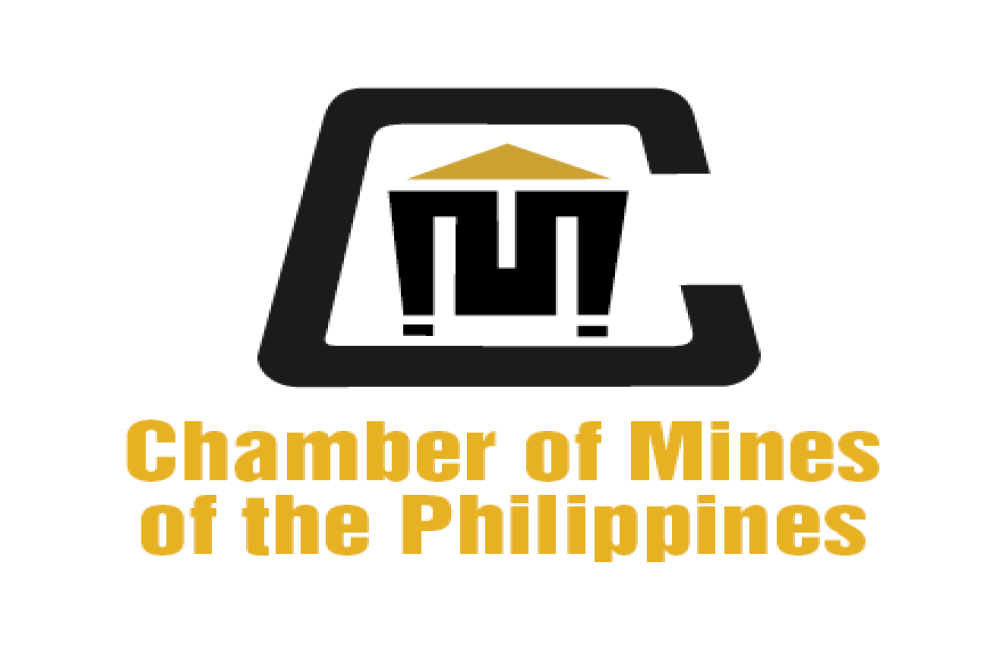EDUCATION is a human right. Unfortunately, not all Filipinos can easily access quality education.
According to the 2023 report of the Philippine Business for Education (PBed), in 2019 82.4% of Filipinos aged 25 and over said they completed primary education.
However, the completion rate for secondary education dropped significantly to 30.5% for the same group and the number was even lower for tertiary education where the completion rate was only at 24.4%. Meanwhile, only 17% of the poorest portion of the population attend higher education.
In the same report, parents noted that students experienced inadequate learning because of “limited resources, poor learning environments, and insufficient teaching workforce.”
With education considered by many Filipino youths as one of the major ways to uplift their lives and their families, providing access to quality education continues to be a top priority.
This is particularly evident in areas supported by responsible mining companies.
Year-on-year, responsible mining companies work closely with their communities to create responsive and sustainable social development programs, with many of the programs having a strong focus on education. The companies and the community work together to give students as much opportunity to achieve their dreams - for themselves and for their families.
In Toledo City, Cebu, Carmen Copper Corp. has sent to school nearly 1,540 children of underprivileged families. Of this number, almost 80% have already finished their studies.
In 2022, Carmen Copper invested in the education of 430 poor but deserving youth – 268 in college, 100 in technical-vocational courses, and 62 in high school.
Carmen Copper’s academic scholarship program for tertiary learning has a total of 28 graduates. They were all full scholars who enjoyed full tuition, monthly lodging, and allowances, among others. Six of them are already employed at the company.
Among them is Mining Engineer Kent Harold Largo.
After finishing high school, Largo approached his school principal for possible benefactors who might be willing to support his dreams of becoming an engineer. This was amply supported by the Carmen Copper Scholarship Program, which took care of his college expenses all the way to his board exam fees.
Today, he is not only able to help his family financially but also celebrates his second work anniversary as one of the mining engineers at Carmen Copper.
Atty. Georgina Martinez, a senior vice-president for Nickel Asia Corp. (NAC), also narrated that she was at St. Luke’s Hospital’s Urgent Care Unit in Bonifacio Global City when she met Dr. Mayvelyn Abiog.
Dr. Abiog recognized NAC and proudly shared that she was part of the company’s scholarship program from high school to med school.
“One cannot fully express that feeling of pride; it was overwhelming. We took care of her, now she’s taking care of us,” Atty. Martinez shared.
Engineer Ariel Ogiagan, one of the top officials of the Local Disaster Risk Reduction and Management Office (LDRRMO) in the town of Baliguian, a third-class municipality in Zamboanga del Norte Province also has his story to tell about being helped to get a good education.
A son of a farmer and member of the Subanon tribe, Engr. Ogiagan was one of the 91 scholars of TVI Resource Development Philippines Inc. (TVIRD) during its mining operations in Canatuan, Siocon, Zamboanga del Norte.
He is currently an LDRRMO Officer in this town after obtaining his degree in civil engineering back in 2013 at the Western Mindanao State University.
Often it is the legitimate and responsible miners who, with better and stronger mining policies in place to protect the environment and communities, take a sustainable approach in tapping the country’s mineral wealth.
Apart from ensuring that mined-out areas are progressively rehabilitated for other productive land use, responsible mining companies also develop human assets by investing in education to boost social and economic opportunities for the next generation.
A major component of large-scale mining companies’ Social Development and Management Program (SDMP) fund, which stood at nearly P26 billion as of December 2020, goes to the Development of Host and Neighboring Communities (DHNC).
Since these companies operate in remote rural and mostly poor but highly mineralized areas of the Philippines, mining companies are in a good position to provide erstwhile inaccessible basic services such as education to immediate and surrounding communities. As such, a huge portion of over P19 billion allocated for DHNC went to education spending.
Mining companies have a shared responsibility with the national and local government in protecting the rights of the communities and contributing to their social development through proper consultation and implementation of programs.
The importance of the mining industry goes beyond the usefulness of the raw materials used in the production of essential products in our daily lives but also its contributions to society.


